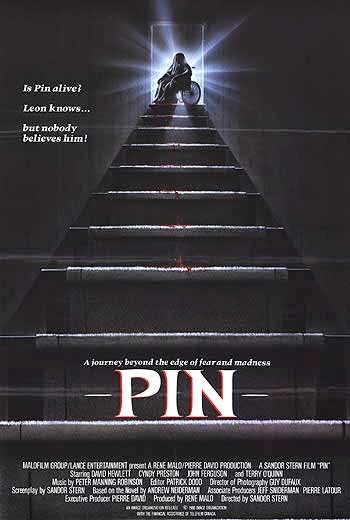
"The Help" is one of the best films I have seen in quite awhile. It tells the story of Skeeter Phelan (Emma Stone), a recent graduate of the University of Mississippi, who goes back home to her family in Jackson, Mississippi. Set in the summer of 1963, "The Help" focuses on the social treatment of the black maids who work in the households of Skeeter's family and the other families around the, then, small town. The treatment in question is not of any physical nature, rather, it is of a mental nature. The maids are treated in most of the households as lesser beings who are only good for cooking, cleaning, and taking care of the children. Their responsibilities are numerous, yet they are treated as lesser beings by their employers. Skeeter notices this and, after having acquired a job at a newspaper as editor of an advice column for housewives, decides to pursue the stories of these maids for an article in the New Yorker magazine. The first maid Skeeter interviews is Aibileen Clark (Viola Davis). Aibileen works for Elizabeth Leefolt(Ahna O'Reilly). Aibileen takes care of and basically has raised Elizabeth's daughter, Mae Mobley. Aibileen opens up to Skeeter and talks about the treatment of black maids in Jackson. Soon afterwards, Minny Jackson (Octavia Spencer) talks to Skeeter about her experiences. Minny, who works for Missus Walters (Sissy Spacek) and her daughter, Hilly Holbrook (Bryce Dallas Howard) is more outspoken than Aibileen. The assassination of Jackson, Mississippi-born civil rights activist, Medgar Evers, not depicted in the film, but referred to, is a turning point in the film and takes place about halfway through. It is at this point in which the film really takes hold of the viewer and establishes itself as a strong Oscar contender. More of the maids in the town begin to tell Skeeter of their experiences of being a black maid in a mostly prejudiced environment. Minny tells an especially interesting story which, due to the subject matter of the story, allows for the identities of the maids and identity of the city in which the book takes place, to be safe. Skeeter is able to collect enough stories from enough maids to warrant publication of her book which is entitled, "The Help." Residents of Jackson buy the book, read it, and are fairly certain that the book is about their town. The rationale for thinking it is about their town becomes apparent during the second part of the film.
The best performances in the film belong to Octavia Spencer and Viola Davis. Their performances are both very understated in their own way. Minny is very outspoken, however, Spencer does not play this character as over-the-top sassy. She plays it just right and does not "steal the show." "The Help" is not a film in which you would want anyone to "steal the show." It is one of those rare films in which story and character are everything and if any one performance is overwhelmingly flawed, then that can effect the film adversely. Fortunately, director Tate Taylor does a masterful job of constructing this story. The first half of the film focuses mostly on Skeeter and her return home. I was glad that the second half of the film focuses more on the maids and the publication of Skeeter's book, a book which, through the stories told by the maids, delivers tremendously in it's honesty. It is wonderful to see a movie about how a book can change, or be a small part of changing a society's mindset. This is the true power of "The Help." The writers, as portrayed in the film, have power through her words. The stories are the maid's and Skeeter is the builder of the narrative.
Bryce Dallas Howard delivers a fine performance as Hilly Holbrook, a true bitch in every sense of the word. I guarantee you will hate her. Her character is almost so reprehensible that seeing her in a scene made me begin to dislike the film, however, thankfully, the focus of the film is not entirely on her and, in the end, I liked her performance. It is one that infuses so much hate that you realize what a great performance it is. I must reinforce, though, that the best performances in the film belong to Octavia Spencer and Viola Davis.
"The Help" is a fantastic film. It does not preach because it knows we already have heard the sermon. It uses what is a fact--the existence of prejudice against blacks in the early 1960's Southern United States--and uses this to tell the tale of how a book can bring about an amount of change in thinking and how a book can hold power over any given person. I urge anyone who reads this review to not be "Help"less and seek out this film.



















































































No comments:
Post a Comment